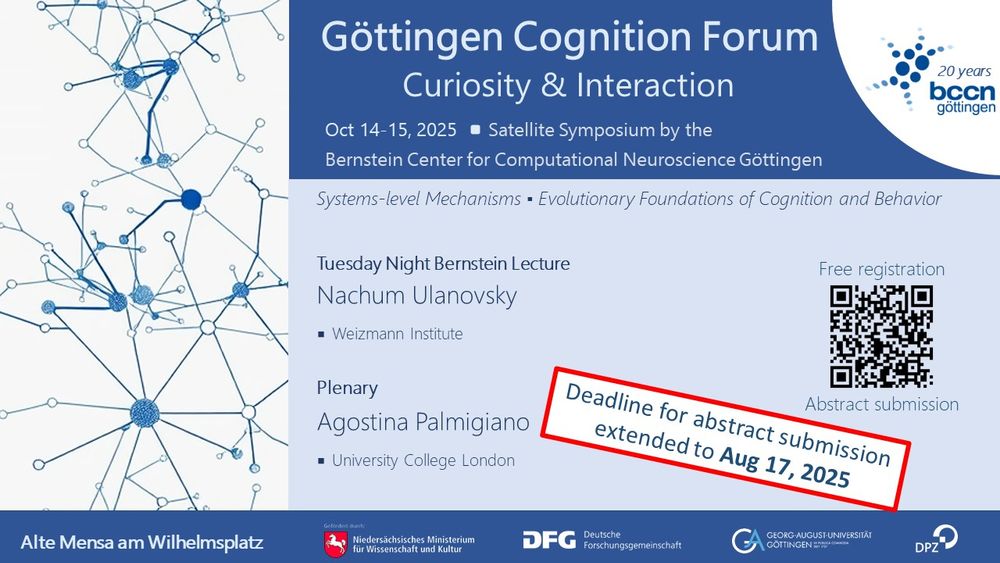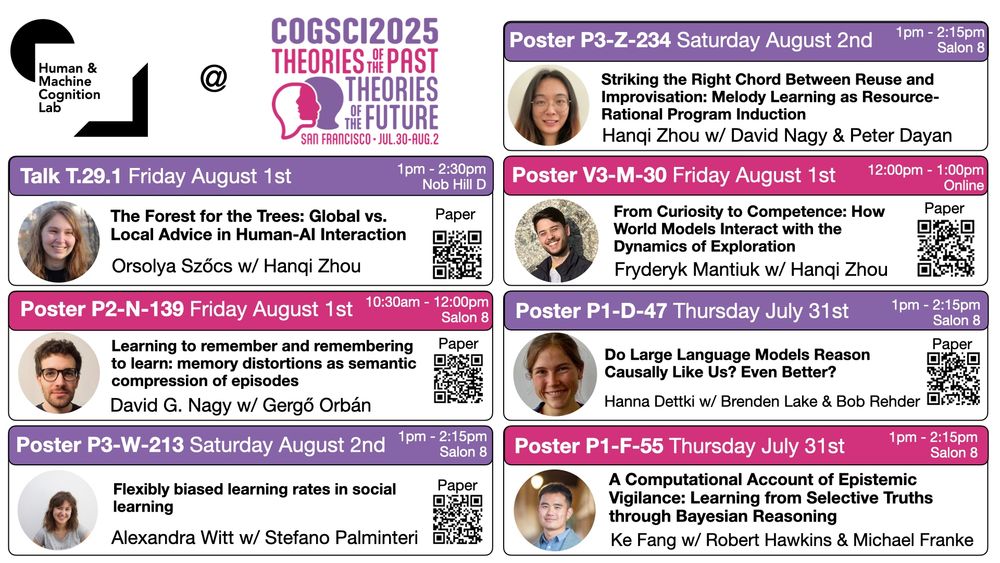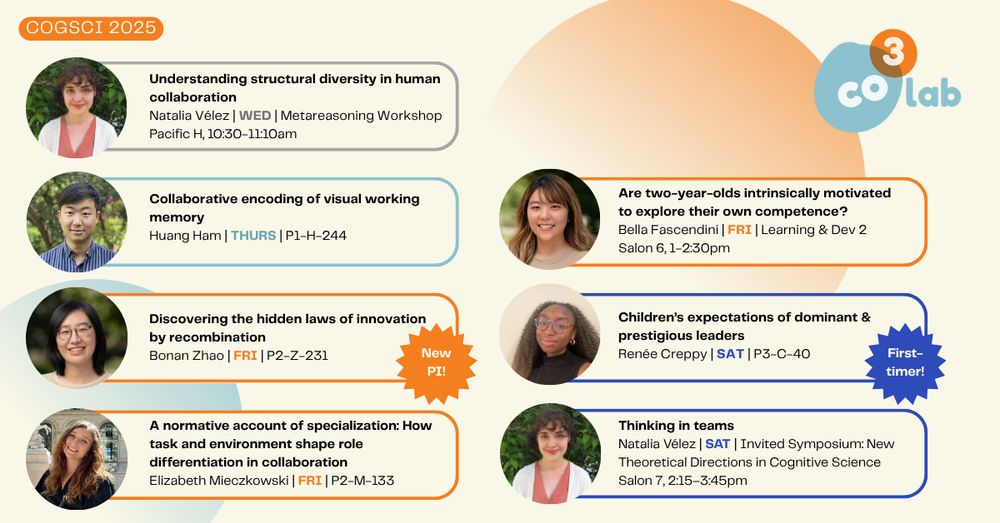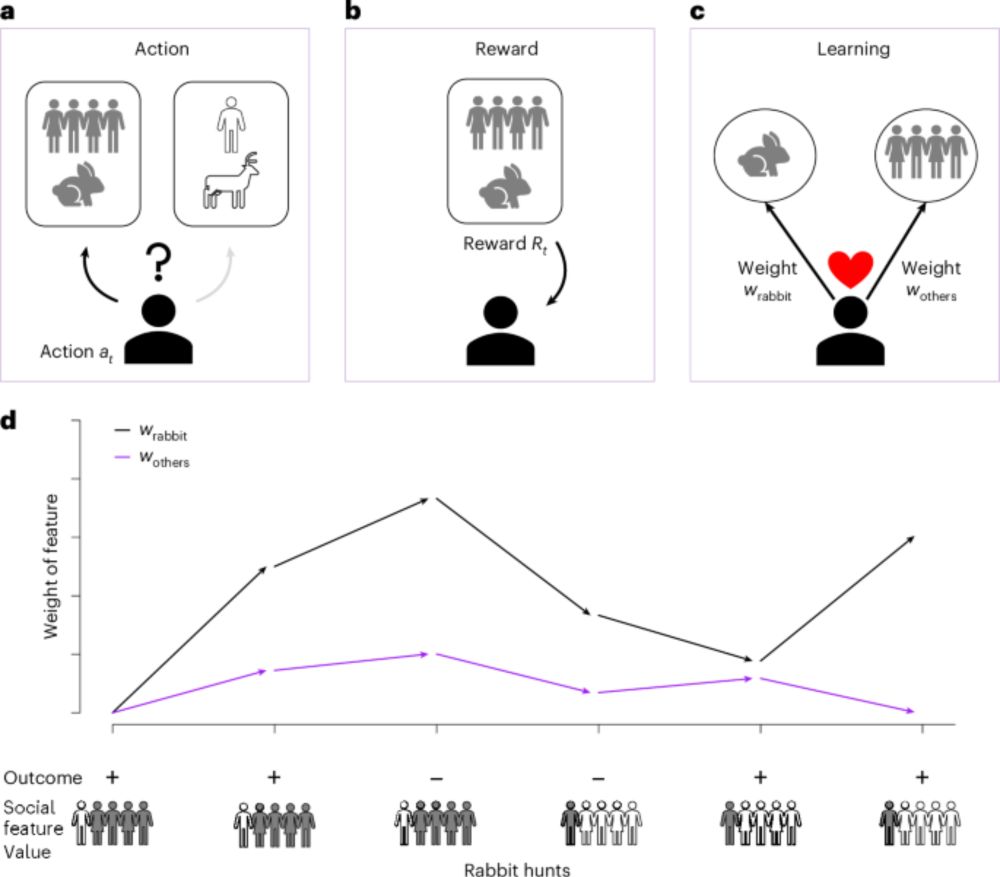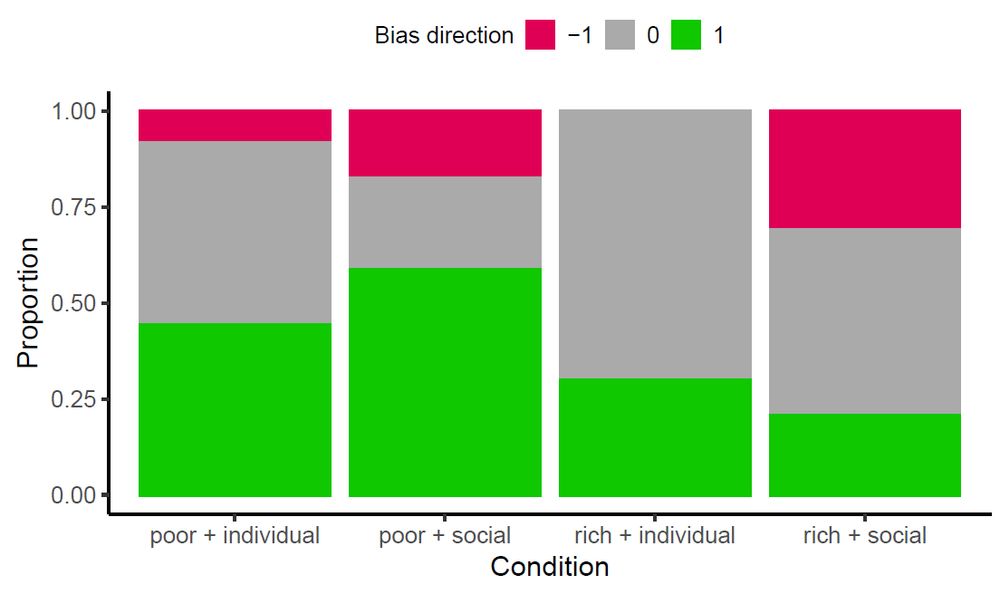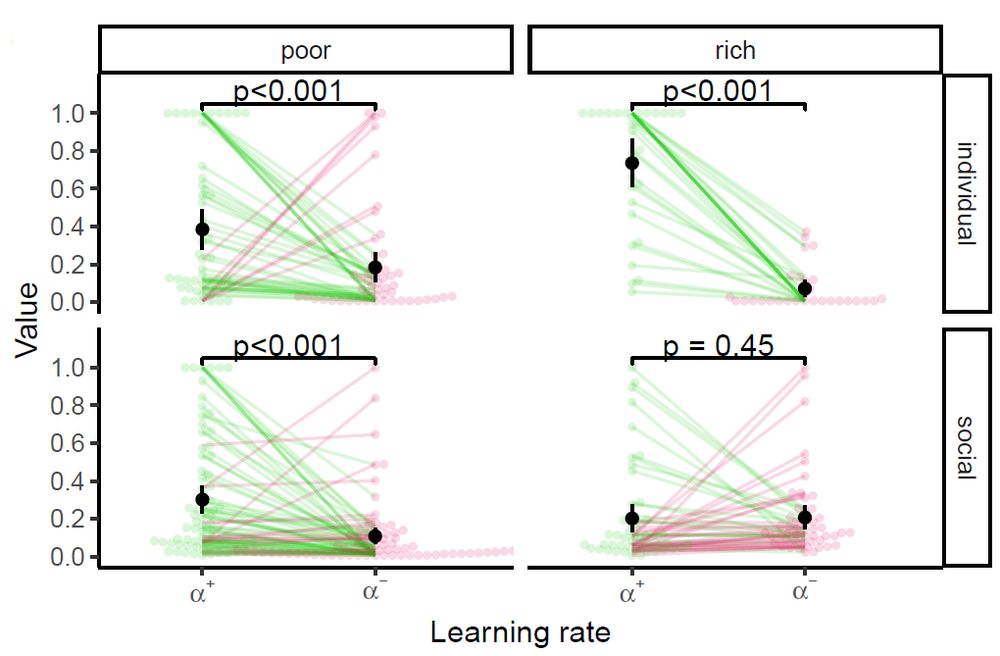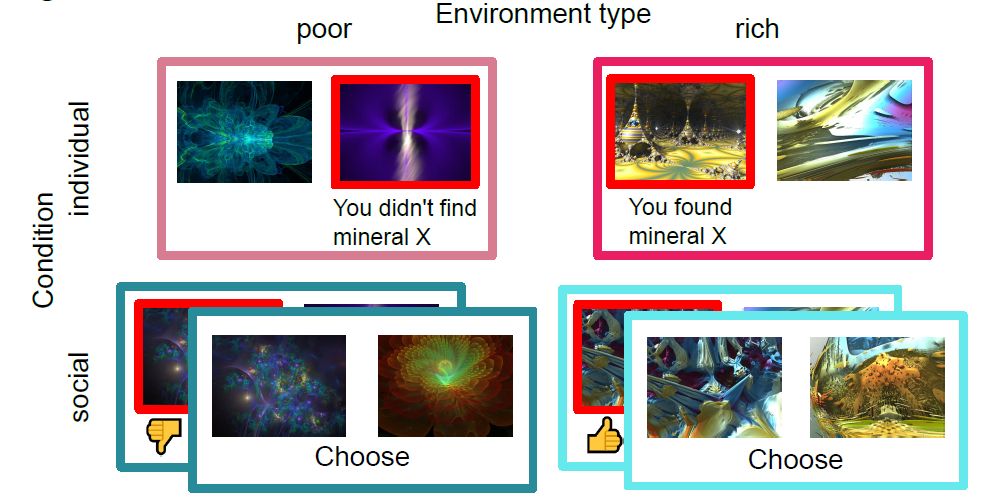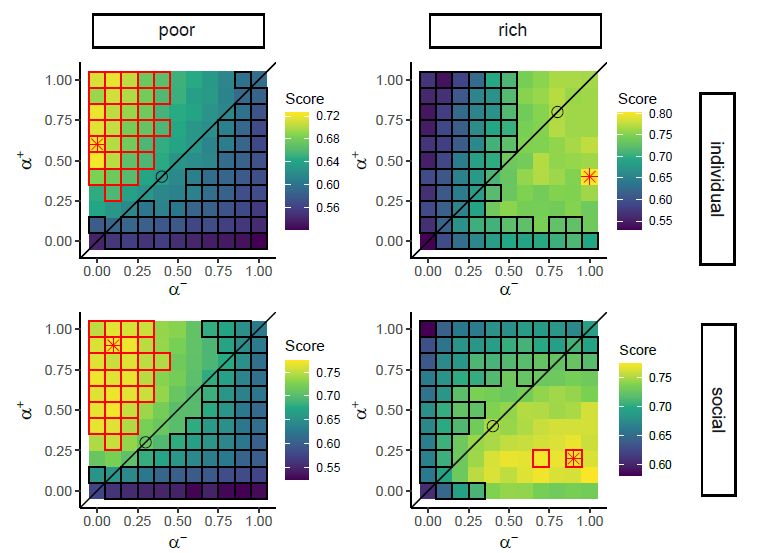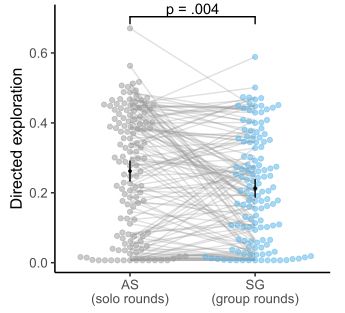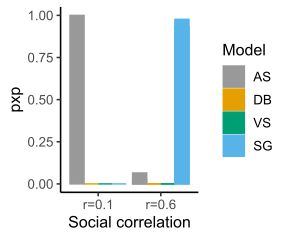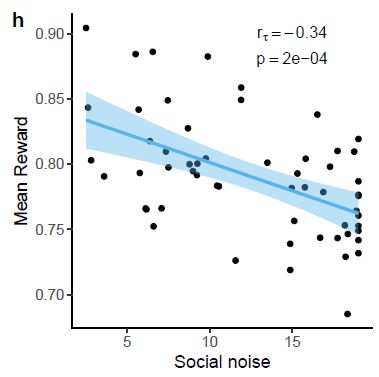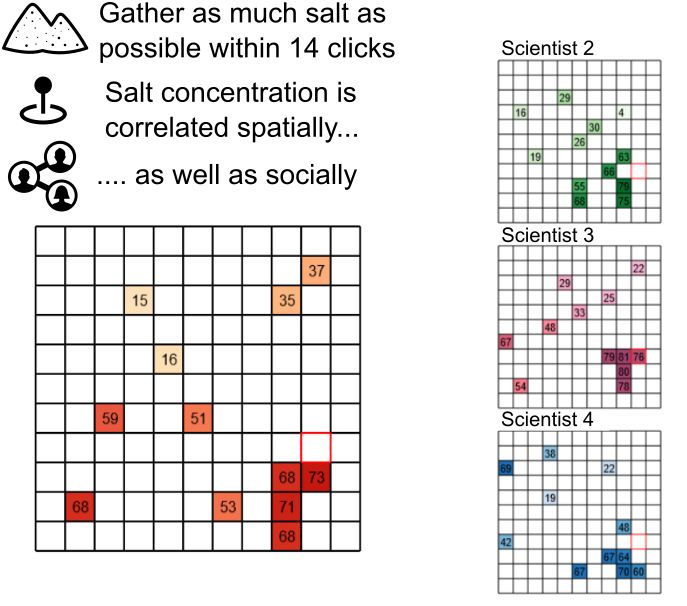Alexandra Witt
@alexthewitty.bsky.social
300 followers
240 following
28 posts
Cognitive computational (neuro-)science PhD student at Uni Tübingen 🧠🤖 she/her
Posts
Media
Videos
Starter Packs
Reposted by Alexandra Witt
Reposted by Alexandra Witt
Reposted by Alexandra Witt
Reposted by Alexandra Witt
Reposted by Alexandra Witt
Junyi Chu
@junyi.bsky.social
· Jun 6
Alexandra Witt
@alexthewitty.bsky.social
· May 26
Alexandra Witt
@alexthewitty.bsky.social
· May 26
Alexandra Witt
@alexthewitty.bsky.social
· May 26
Reposted by Alexandra Witt
Alexandra Witt
@alexthewitty.bsky.social
· Sep 23
Alexandra Witt
@alexthewitty.bsky.social
· Sep 23
Alexandra Witt
@alexthewitty.bsky.social
· Sep 23
Alexandra Witt
@alexthewitty.bsky.social
· Sep 23


